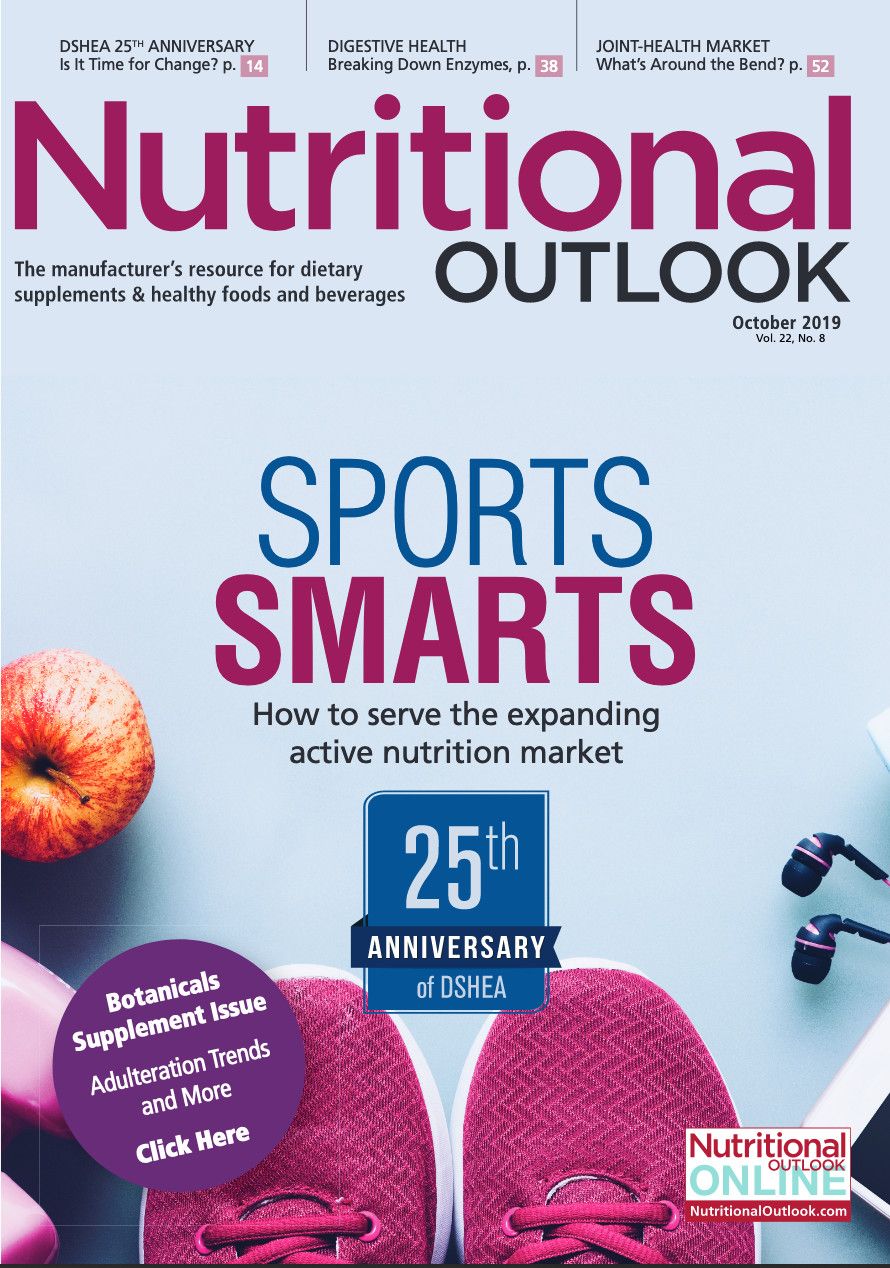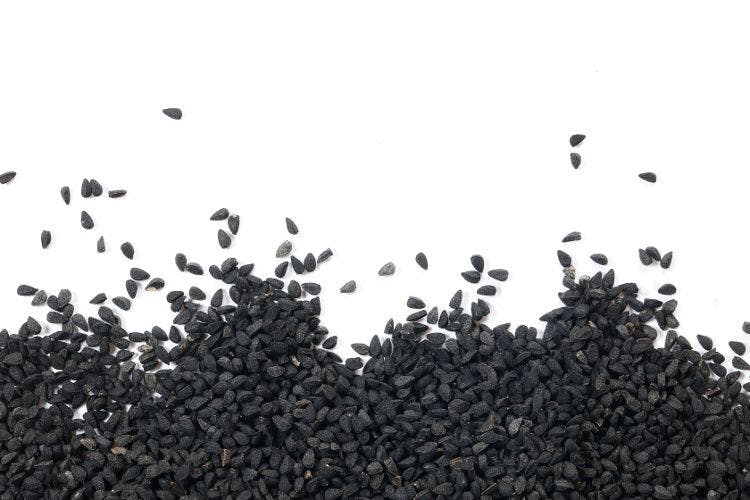Supplement Sales Break Records
The dietary supplement industry may see its share of critics and negative headlines, but there is also plenty of positive news. Take the recent numbers shared by leading associations indicating that more consumers than ever before are buying supplements of all kinds.
Photo © AdobeStock.com/adragan

The dietary supplement industry may see its share of critics and negative headlines, but there is also plenty of positive news. Take the recent numbers shared by leading associations indicating that more consumers than ever before are buying supplements of all kinds.
These aren’t just regular stats; these are record-breaking numbers. In September, the American Botanical Council shared its latest HerbalGram Herb Market Report showing that in 2018, U.S. herbal supplement sales saw their strongest growth since 1998-9.4% growth over 2017. According to this year’s Herb Market Report, 2018 marked the 15th consecutive year of growing sales for herbal supplements, evidence of consumers’ growing preference for the category.
The Council for Responsible Nutrition also had positive news to share in September. The association’s 20th annual CRN Consumer Survey on Dietary Supplements, which tracks consumer usage and attitudes towards dietary supplements, reported an “all-time high” level of supplement usage in the U.S. Seventy-seven percent of Americans surveyed said they use dietary supplements-the highest usage level reported by this survey to date. (The survey was funded by CRN and conducted by Ipsos on 2,006 U.S. adults on August 22–26, 2019.) Not only that, CRN said, “Results from the 2019 survey also reaffirmed strong consumer confidence and trust in dietary supplements and the dietary supplement industry…”
Dietary supplements are mainstream healthcare tools today, noted Nancy Weindruch, CRN’s vice president of communications. “While the industry continues to innovate, there is no denying that these regulated products have become mainstream,” said Weindruch in a press release. “More than three-quarters of Americans are taking dietary supplements each year-a crystal clear trend that serves as an indicator of the vital role supplementation plays in their overall health and wellness regimens.”
Consumers’ growing supplement usage will be top of mind as industry, critics, and regulators decide whether and how dietary supplement regulations should be updated to manage this $40 billion market. Discussions have been happening for years about whether a “DSHEA 2.0,” a revision of the Dietary Supplement Health and Education Act of 1994, is needed. (In our October 2019 issue, industry stakeholders share their opinions on what changes should be made to DSHEA.)
Discussions about supplement regulations generally focus on what oversight, processes, and resources are lacking-all valid points-but it should never be forgotten that the reason to ensure the market is safe and well validated is positive: Consumers want to buy dietary supplements, and these supplements arguably help consumers take an active stake in their wellness. This is a driving point that will continue to influence the reshaping of the market for years to come and the efforts of regulators to, one hopes, rid the market of bad actors. It is also a call to action for everyone involved in the supply chain to ensure that they are putting products on the market that are safe, efficacious, scientifically substantiated and tested, and that benefit the growing consumer audience putting their trust in supplements each year.
Jennifer Grebow
Editor-in-Chief

Prinova acquires Aplinova to further increase its footprint in Latin America
April 7th 2025Prinova has recently announced the acquisition of Brazilian ingredients distributor Aplinova, which is a provider of specialty ingredients for a range of market segments that include food, beverage, supplements, and personal care.

.png&w=3840&q=75)

.png&w=3840&q=75)



.png&w=3840&q=75)



.png&w=3840&q=75)






















